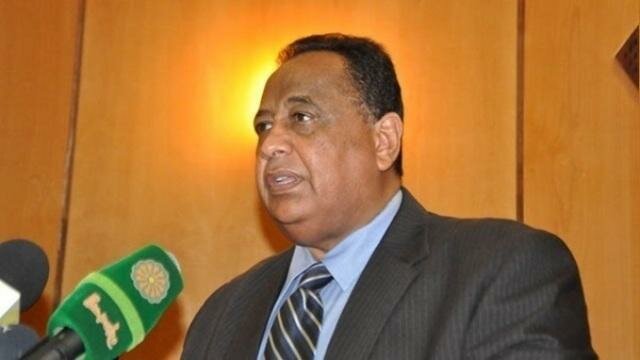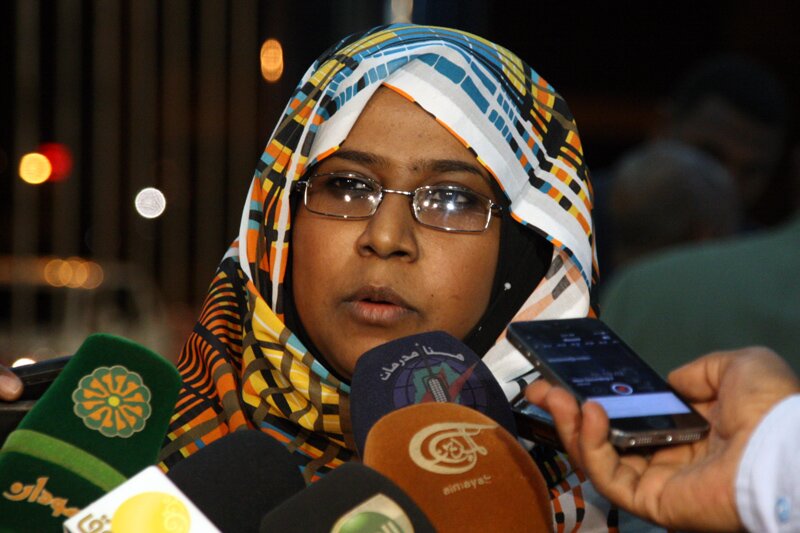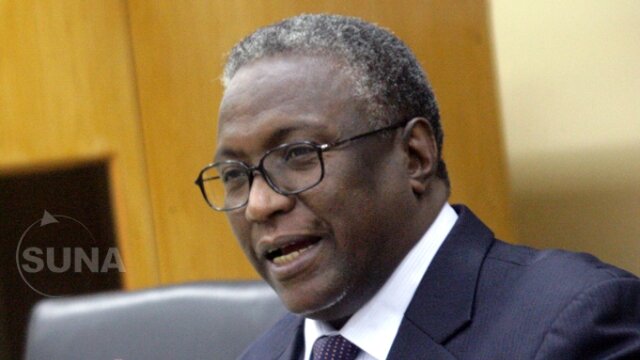(Sudan Tribune) - The senior presidential adviser and special envoy, Nhial Deng Nhial said president Kiir
held a meeting with the US ambassador to the United Nations, Nikki Haley on Wednesday, reiterating the role Washington played in negotiating the settlement of the conflict that led to the secession of South Sudan from Sudan in July 2011.
“Such roles can be replicated, enhanced and turned into building ties,” Nhial told Sudan Tribune Thursday.
“The Government of South Sudan thinks the US can do more and provide additional inputs that will improve the relations,” he added.
The South Sudanese leader, Nhial further said, also acknowledged the role played by the US in negotiations that led to the signing of the 2005 peace deal, which culminated into a peaceful secession.
“President Salva decided to express the gratitude of the People of South Sudan to the United States for its role to resolve the conflict in the country, which led to the Comprehensive Peace Agreement in 2005. He further urged the US to continue and play their role with the same spirit because the US has invested a lot in terms of promoting peace, harmony, and solidarity in South Sudan”, stressed Nhial.
The appeal comes just days before Kiir visits Sudan for bilateral talks with his Sudanese counterpart, Omer al-Bashir to discuss issues relating to peace implementation and revaluation of issues agreed upon in the 2012 cooperation agreement.
The visiting US ambassador to the United Nations, Nikki Haley on Wednesday said it was time for the South Sudanese president to act, not talk, if the civil war that has killed tens of thousands of people in the young nation is to come to an end.
“What I told him [Kiir] was that the United States does not want to hear a lot of talks. I was not to listen what he wants to say. I was here to say the United States is at a cross point. It not about the talks, it’s about the action. We have to see a willingness of the Government and the military to stop the violence and stop the abuses that are happening in the country," Haley remarked.
While in Juba, however, Haley had what she described as a “very frank” conversation with President Kiir about the lack of progress towards peace since civil war broke out almost four years ago.
The senior US diplomat said Washington, particularly under the new Donald Trump administration, would not accept to wait anymore.
“We have lost trust in this [Kiir] government and we now need to regain that trust. The only way to regain that trust is through the actions of taking care of all of the people. President Kiir is the president of everyone, not just one tribe, not just one group. In order to be a leader you have to be willing to take care of all of your people,” said Haley.
“Time for action is now, we are not waiting anymore, we need to see a change and we need to see it right away”, she further stated.
Last month, President Trump announced Haley’s visit to Africa during a meeting with African leaders on the sidelines of the UN General Assembly session in New York. Haley becomes the highest-ranking US official to visit Africa during President Trump administration.
Meanwhile, Juba has delayed the meetings of Sudan-South Sudan joint body on Abyei until a meeting between President Omer al-Bashir and his counterpart Salva Kiir, an international official said.
In a briefing to the UN Security Council about the situation in Abyei on Thursday, Alexander Zuev, Assistant Secretary-General for Rule of Law and Security Institutions, explain why the Abyei Joint Oversight Committee didn’t convene a meeting last July and stopped its activities.
Also, a meeting scheduled for 16 August in Addis Ababa had been postponed after South Sudan cited the need to await the outcome of the expected meeting between the Presidents of South Sudan and Sudan, Zuev said.
President Kiir will be in Khartoum on Tuesday 31 October according to the Sudanese foreign minister Ibrahim Ghandour.
The international official urged both Governments to engage in discussions to resolve the deadlock over establishing the temporary institutions that should lead to the determination of Abyei’s final status.
-
Economic Expert :Statistical Information of World Bank Report on...Next >



